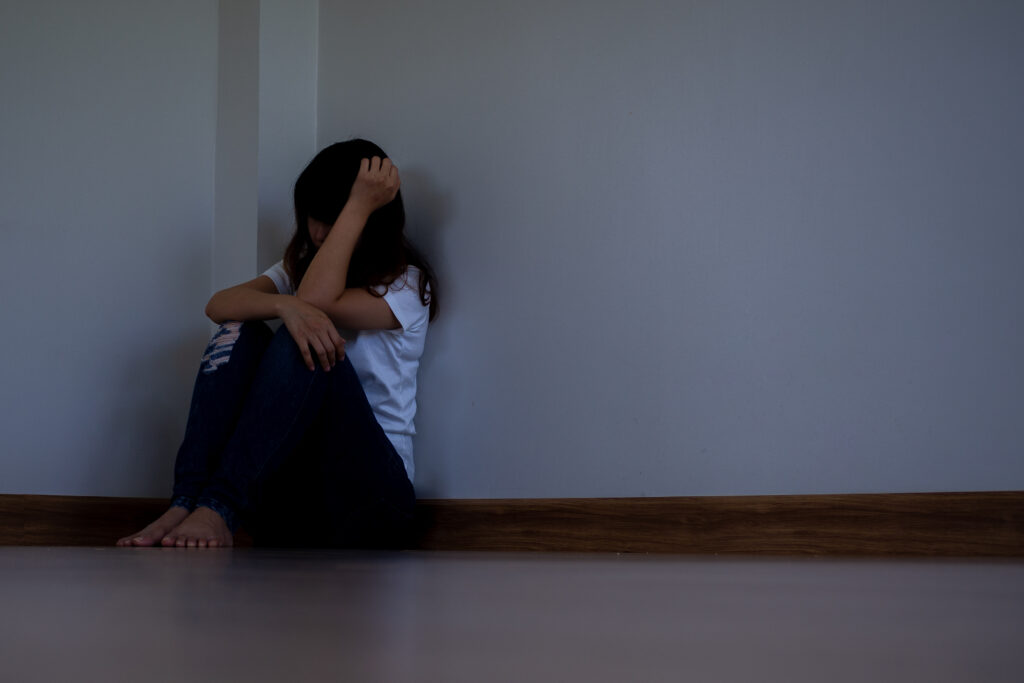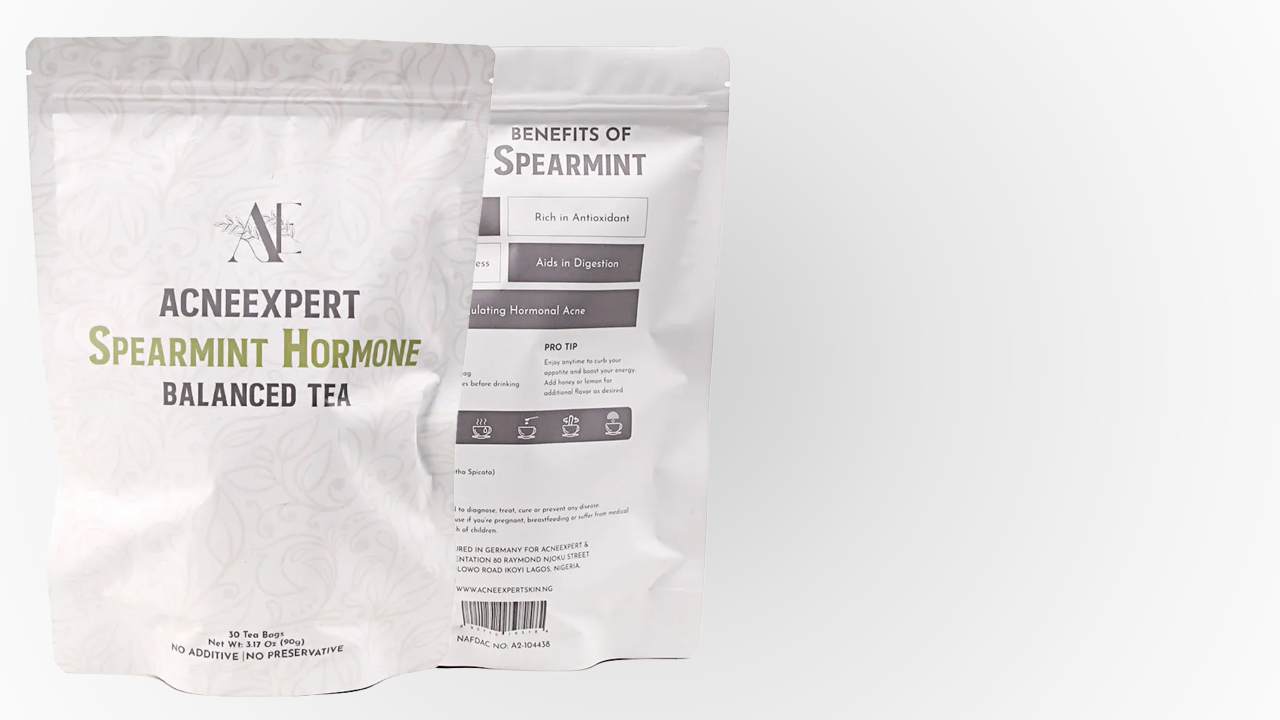Acne is often seen as a skin-deep issue—but for millions, its effects go far deeper. As we continue our commitment this Acne Awareness Week, it’s important to spotlight the emotional and mental toll acne can take on individuals of all ages. From self-esteem struggles to anxiety and depression, acne isn’t just a cosmetic concern—it’s a mental health concern too.

1. The Emotional Weight of Acne
For many, acne becomes more than just a skin condition—it becomes a source of embarrassment, isolation, and even self-loathing. Teenagers navigating puberty and adults managing life stressors may find themselves avoiding social events, skipping photos, or constantly trying to hide behind makeup, filters, or hairstyles.
Common emotional responses to acne include:
- Low self-esteem
- Increased self-consciousness
- Social withdrawal
- Feelings of hopelessness or frustration
2. Acne and Mental Health: A Two-Way Relationship
Studies show that individuals with moderate to severe acne are significantly more likely to experience depression and anxiety. But it doesn’t stop there—mental stress itself can also worsen acne, creating a vicious cycle where breakouts lead to emotional distress, and stress triggers further breakouts.
The acne-mental health cycle:
- Acne flares up → Feelings of insecurity and sadness
- Stress and anxiety increase → Cortisol levels rise
- Skin reacts → More breakouts occur
Understanding this relationship is key to treating acne holistically—not just with creams, but with compassion.
3. Body Image, Social Media, and Skin Pressure
In today’s digital world, flawless skin is idolized. Filters, beauty influencers, and unrealistic skincare expectations make acne sufferers feel like they’re “less than.” This toxic comparison culture can intensify feelings of inadequacy and make healing even more difficult.
Tips for coping with social media pressure:
- Follow acne-positive and skin-inclusive pages, such as acneexpertskin.
- Limit screen time when feeling down
- Remind yourself that filters ≠ reality
- Celebrate progress, not perfection
4. How to Support Your Mental Health While Managing Acne
Treating acne should never just be about what you apply to your skin—it should also be about how you treat yourself. Healing takes time, and self-compassion is a vital part of the journey.
Here’s how to support your mind while you treat your skin:
- Talk to someone: Seek out support groups, therapists, or loved ones
- Practice positive self-talk: Remind yourself that your worth isn’t tied to your skin
- Develop a skincare routine you love: One that feels empowering, not stressful
- Celebrate small wins: A good skin day, a compliment, or a new product that works
- Engage in mindfulness or journaling to process your feelings
5. You Are More Than Your Skin
It’s easy to let acne define your confidence, but remember this: Your skin doesn’t determine your intelligence, kindness, creativity, or strength. Everyone’s journey is different, and healing—both internal and external—is possible.
This Acne Awareness Week, let’s break the stigma, talk about the emotional battles, and remind each other that healing happens on every level: skin, soul, and self-esteem.
Join the Conversation
We’re offering free virtual consultations every Wednesday from 9 AM to 3 PM this month. It’s our way of standing beside you—offering not just treatment tips, but listening ears.
Together, let’s heal—beyond the surface. 💚



